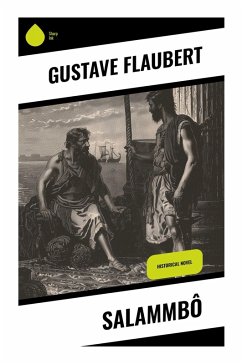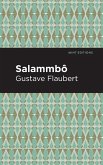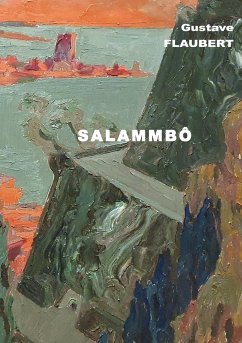In "Salammbô," Gustave Flaubert weaves a rich tapestry of historical fiction set against the backdrop of the mercenary-led revolt against Carthage in the third century BCE. Through his meticulous prose, Flaubert immerses readers in the culturally and politically charged atmosphere of ancient North Africa. The novel's narrative shifts between the grandeur of Carthaginian society and the visceral brutality of war, all while exploring themes of obsession, revenge, and the intersection of the sacred and the profane. Flaubert's meticulous attention to detail and lush descriptions elevate the work, rendering it a hallmark of literary naturalism and late romanticism, providing a vivid portrayal of a civilization on the brink of destruction. Gustave Flaubert, a pivotal figure in 19th-century literature, is revered for his innovative narrative techniques and psychological depth. His personal experiences and extensive travels in North Africa inspired "Salammbô," allowing him to bestow authenticity upon his characters and setting. Flaubert's quest for literary perfection and his belief in the transformative power of art are evident in his painstaking approach to crafting this juxtaposition of beauty and terror, mirroring his own complex views on creativity and reality. "Salammbô" is a compelling exploration of a forgotten historical episode, rich with exquisite prose and profound insights into human nature. It is highly recommended for readers seeking an in-depth historical narrative that challenges perceptions of antiquity through the lens of passionate characters and vibrant landscapes. Engaging and ambitious, Flaubert's novel remains a timeless testament to the power of storytelling.
Bitte wählen Sie Ihr Anliegen aus.
Rechnungen
Retourenschein anfordern
Bestellstatus
Storno








